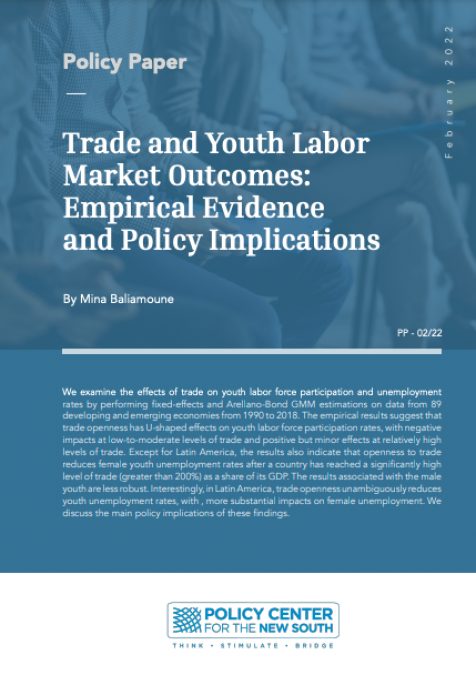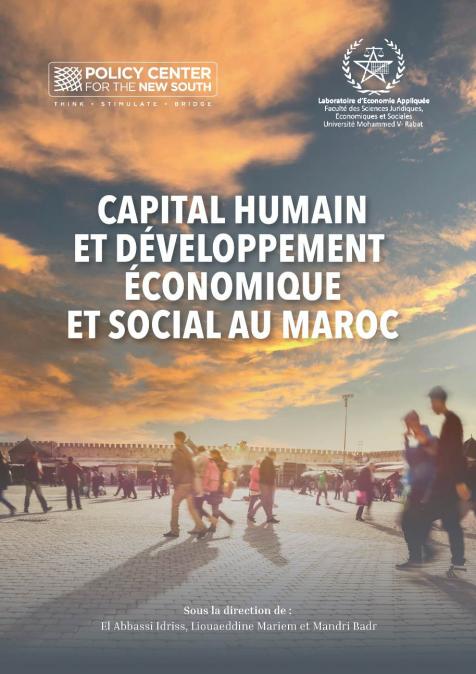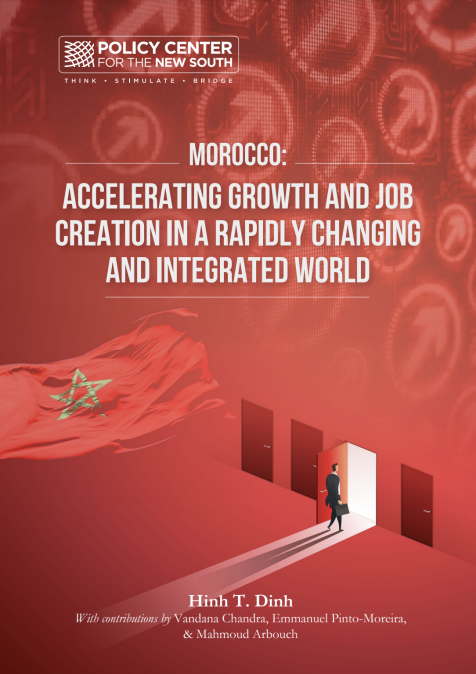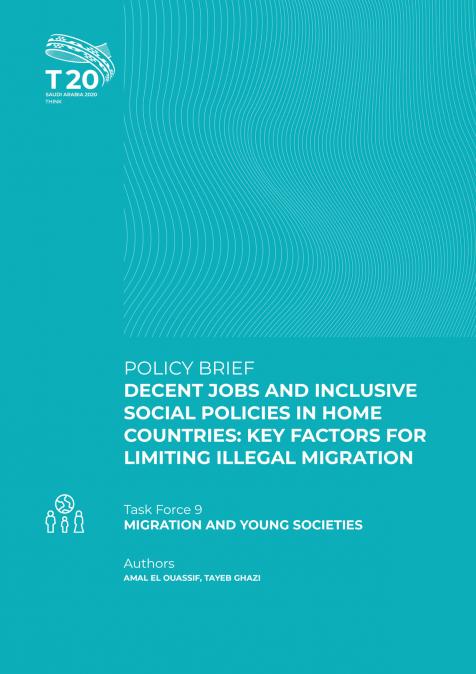Publications /
Policy Paper
We examine the effects of trade on youth labor force participation and unemployment rates by performing fixed-effects and Arellano-Bond GMM estimations on data from 89 developing and emerging economies from 1990 to 2018. The empirical results suggest that trade openness has U-shaped effects on youth labor force participation rates, with negative impacts at low-to-moderate levels of trade and positive but minor effects at relatively high levels of trade. Except for Latin America, the results also indicate that openness to trade reduces female youth unemployment rates after a country has reached a significantly high level of trade (greater than 200%) as a share of its GDP. The results associated with the male youth are less robust. Interestingly, in Latin America, trade openness unambiguously reduces youth unemployment rates, with , more substantial impacts on female unemployment. We discuss the main policy implications of these findings.








